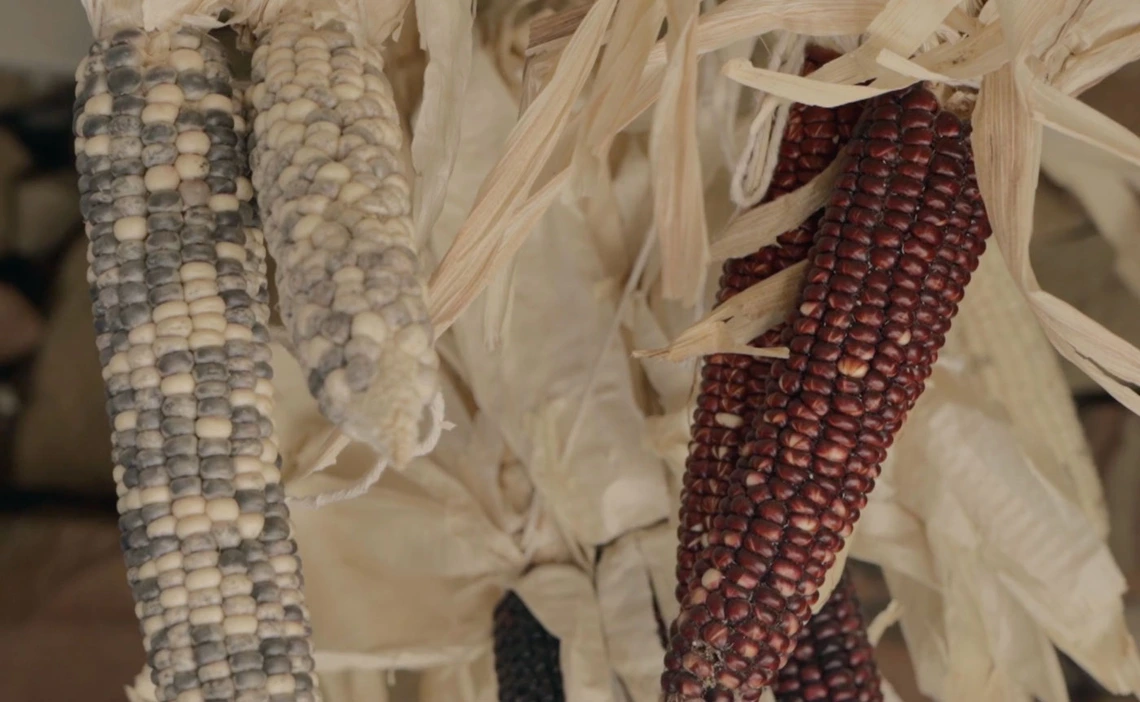Many Engaged for INHABITANTS Documentary Panel Discussion

On May 16, the WRRC hosted a panel discussion on the documentary film INHABITANTS: Indigenous Perspectives On Restoring Our World. The panel featured Dr. Michael Kotutwa Johnson, Assistant Specialist, UArizona Indigenous Resilience Center, School of Natural Resources and the Environment; film co-directors Costa Boutsikaris and Anna Palmer; and moderator Rebecca Tsosie, JD, Regents Professor of Law, UArizona James E. Rogers College of Law.
After a viewing of the film’s trailer, the panel discussed the importance of expanding Indigenous communities’ access to academic spaces and authorship regarding products of their representation. According to Palmer and Kotutwa Johnson, a primary focus of the INHABITANTS filmmaking process was to provide ample opportunity for featured communities to participate in editing and advisory roles to ensure accuracy and to correct historical practices of extractive misrepresentation by non-Native storytellers. While the Native land management systems featured in the film are important models for climate change adaptation, Boutsikaris cautioned against framing them as “Native solutions to climate change”—a newly popularized phrase—since this perspective omits a much deeper history. “These aren’t just solutions, but practices that were violently disrupted; they are millennia old management practices,” Boutsikaris said. The panelists expressed their hope that as the film and its message reach more audiences, people will begin to understand and explore the links between health, traditional and cultural space, and the environment. Boutsikaris mentioned that food was a central focus of the film’s storytelling because “we all need it. Place-based living starts with food, and it comes back to sustainability” and climate change adaptation.
The panel event was attended by 212 people, and during the two weeks of free access to the INHABITANTS film, over 360 views were recorded. You can watch the recorded panel discussion here.

